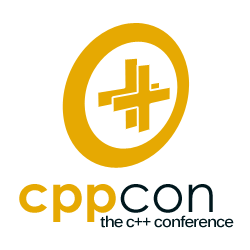CopperSpice: Futures & Promises
New video on the CopperSpice YouTube Channel:
Futures and Promises
by Barbara Geller and Ansel Sermersheim
About the video:
In this video we talk about the concepts of futures, promises, and async. We explore why these concepts are useful, what the applications are, and also discuss some of the shortcomings of the current standard implementation.
Please take a look and remember to subscribe!


 Have you registered for CppCon 2018 in September?
Have you registered for CppCon 2018 in September?  Are you interested?
Are you interested?